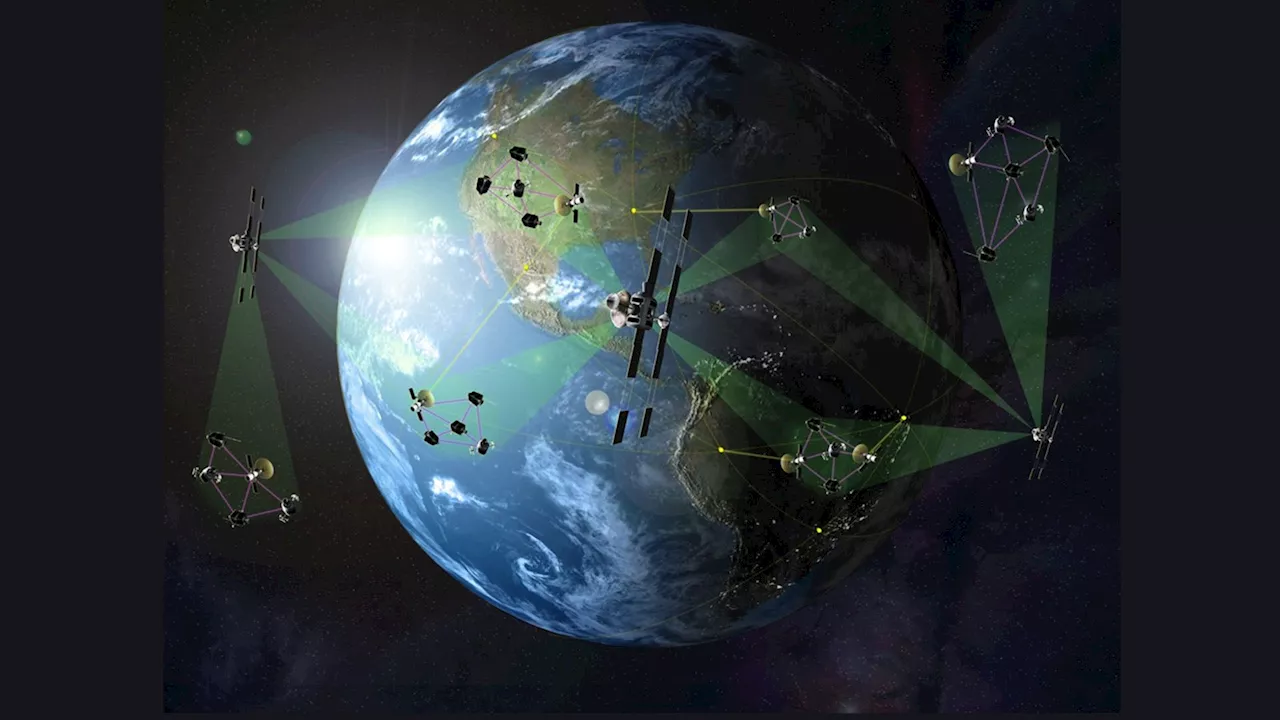Long thought to be impossible, a new study suggests that we might be able to feel an earthquake coming if we use satellite technology.
Knowing ahead of time if an earthquake is set to strike would lead to better evacuation and organizational plans that could save lives. Thought to be a pipedream, a new study suggests that we might be closer than we think.
From the University of Tehran, Professor Akhoondzadeh analyzed chemical and atmospheric anomalies in the months before the 7.8-magnitude earthquake that devastated regions in Turkey and Syria on February 6, 2023., to date, they remain vague, if not impossible, to define clearly. The technology and methods used do not provide a clear enough picture of a pattern researchers can apply across all earthquake-prone regions worldwide.However, we might not have been approaching the problem correctly.
Interestingly enough, he found lithospheric anomalies 19-12 days before the earthquake. Around 10-5 days before the earthquake, he detected most of the atmospheric anomalies, with ionospheric anomalies appearing 5-1 day before it finally struck.
United States Latest News, United States Headlines
Similar News:You can also read news stories similar to this one that we have collected from other news sources.
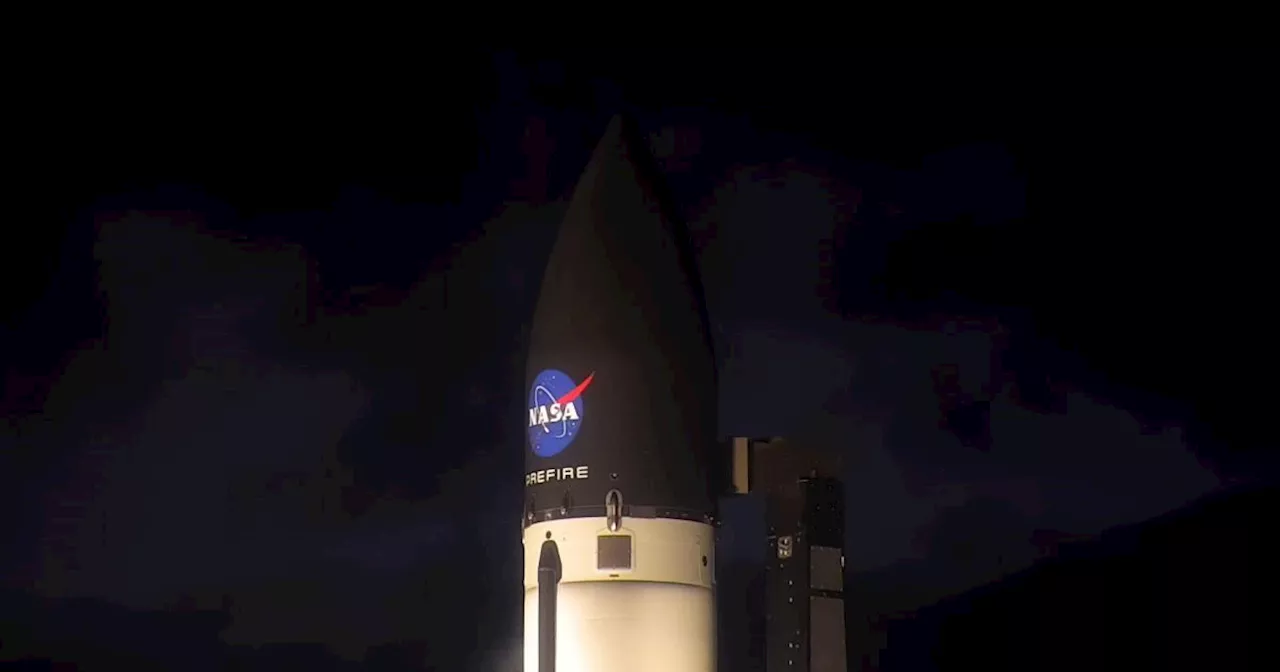 Two tiny NASA satellites are launching to study Earth’s polesDT Video
Two tiny NASA satellites are launching to study Earth’s polesDT Video
Read more »
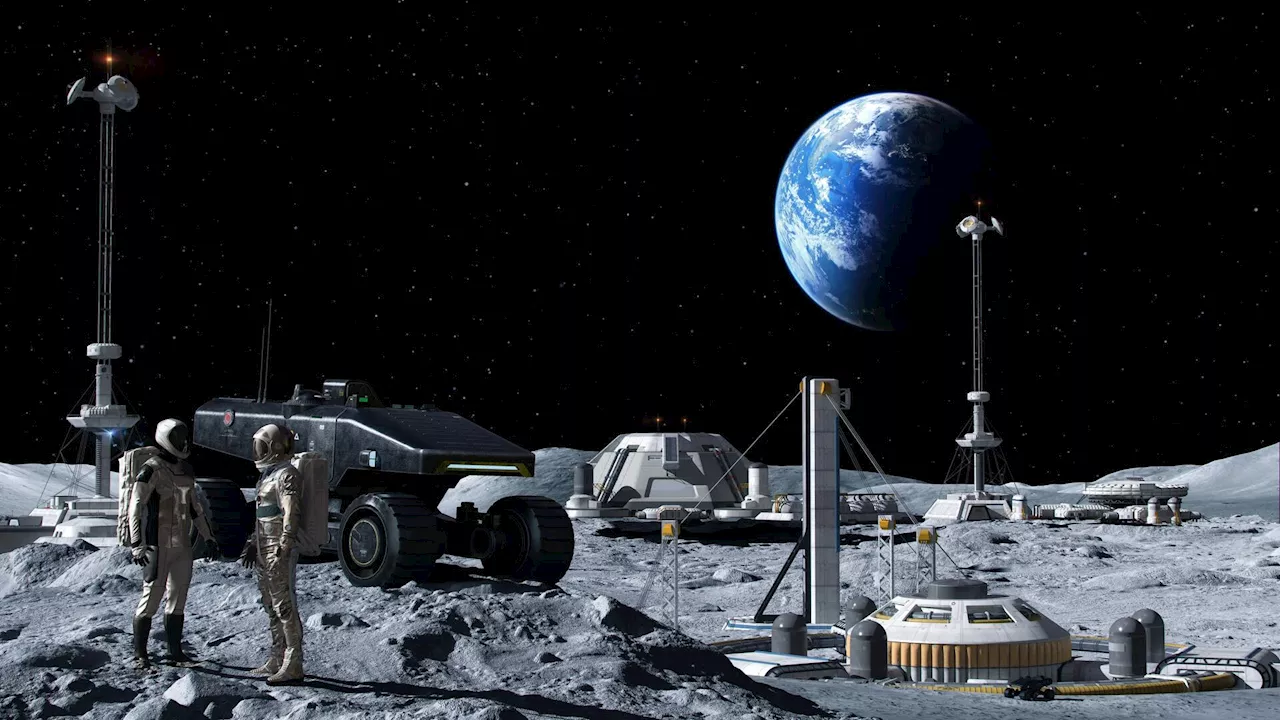 Moon dust could help make satellites, settlements, solar power: StudyThe team conducted experiments to assess the viability of using lunar regolith for various applications, such as heating and manufacturing.
Moon dust could help make satellites, settlements, solar power: StudyThe team conducted experiments to assess the viability of using lunar regolith for various applications, such as heating and manufacturing.
Read more »
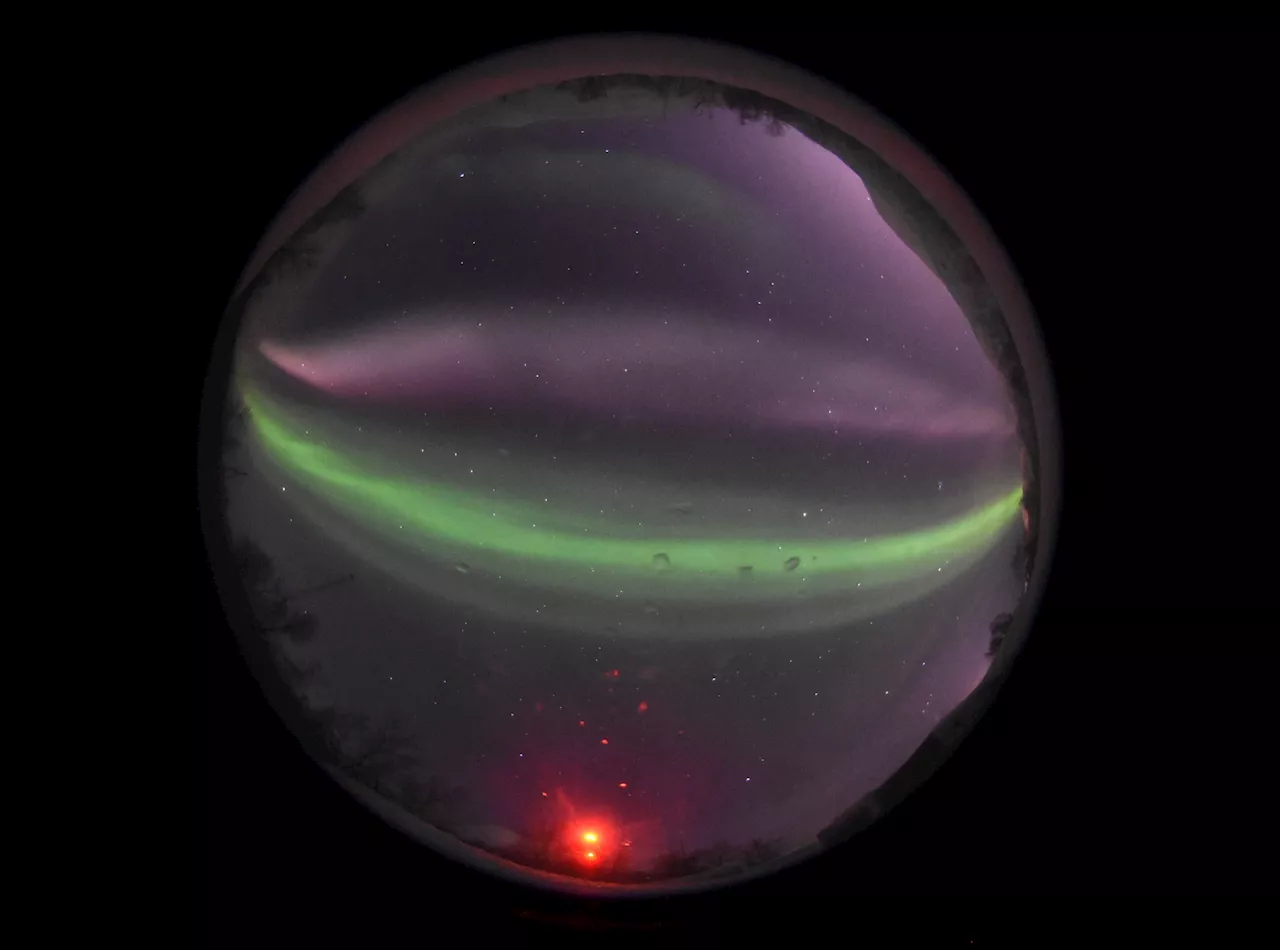 Swarm satellites help aurora chasers discover Steve's long-lost twinEver since aurora chasers discovered Steve, a mysterious ribbon of purple light in the night sky, scientists have wondered whether it might have a secret twin. Now, thanks to a photographer's keen eye, and data from ESA's Swarm satellites, we may have found it.
Swarm satellites help aurora chasers discover Steve's long-lost twinEver since aurora chasers discovered Steve, a mysterious ribbon of purple light in the night sky, scientists have wondered whether it might have a secret twin. Now, thanks to a photographer's keen eye, and data from ESA's Swarm satellites, we may have found it.
Read more »
 Pfizer study finds Paxlovid ineffective against Long COVID despite federal research fundsA study on the antiviral drug Paxlovid released last week found the medication is not effective in treating Long COVID.
Pfizer study finds Paxlovid ineffective against Long COVID despite federal research fundsA study on the antiviral drug Paxlovid released last week found the medication is not effective in treating Long COVID.
Read more »
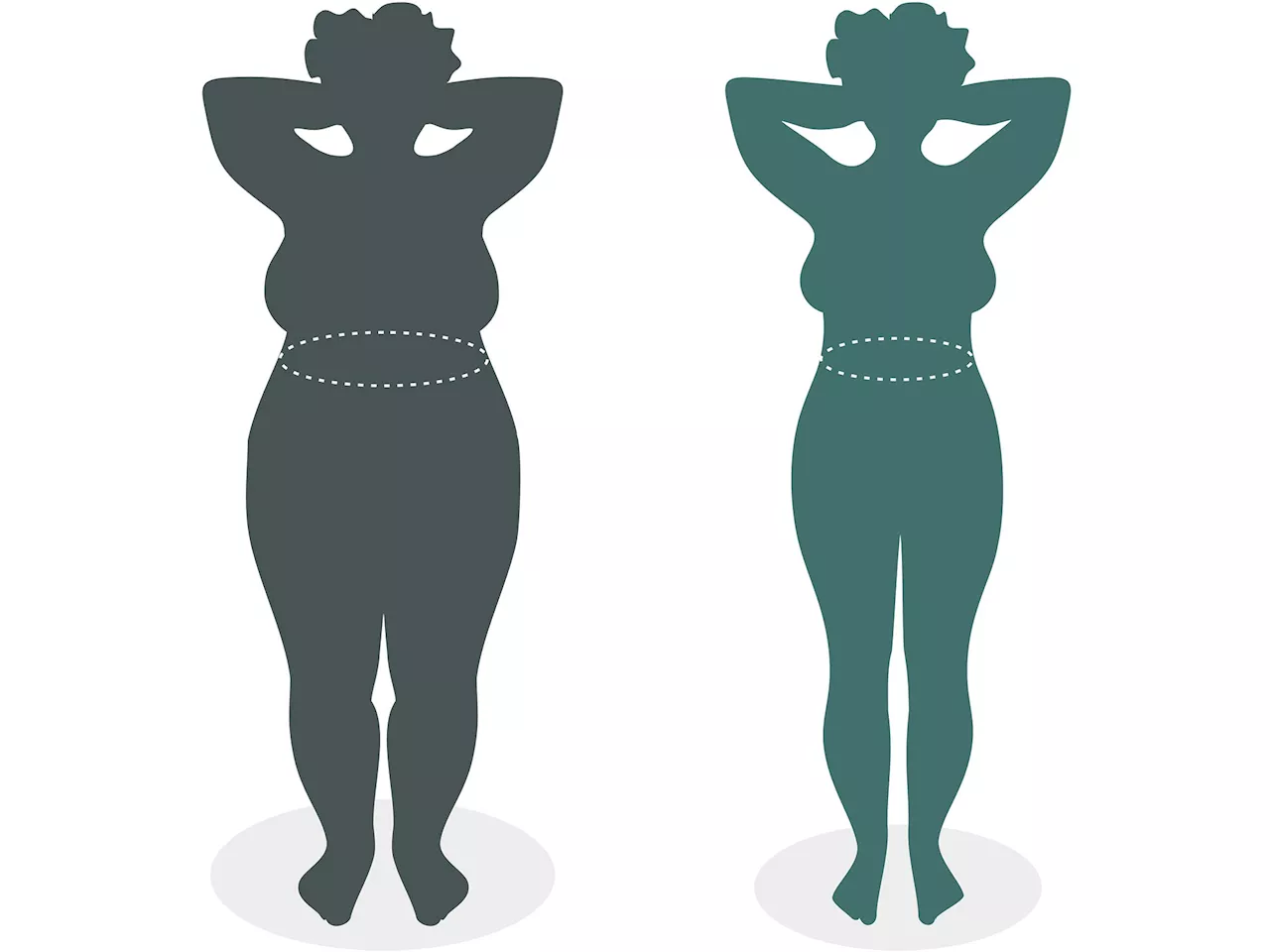 Weight Loss Maintained for 20 Years: Study Reveals Long-Term Effectiveness of Gastric BypassScience, Space and Technology News 2024
Weight Loss Maintained for 20 Years: Study Reveals Long-Term Effectiveness of Gastric BypassScience, Space and Technology News 2024
Read more »
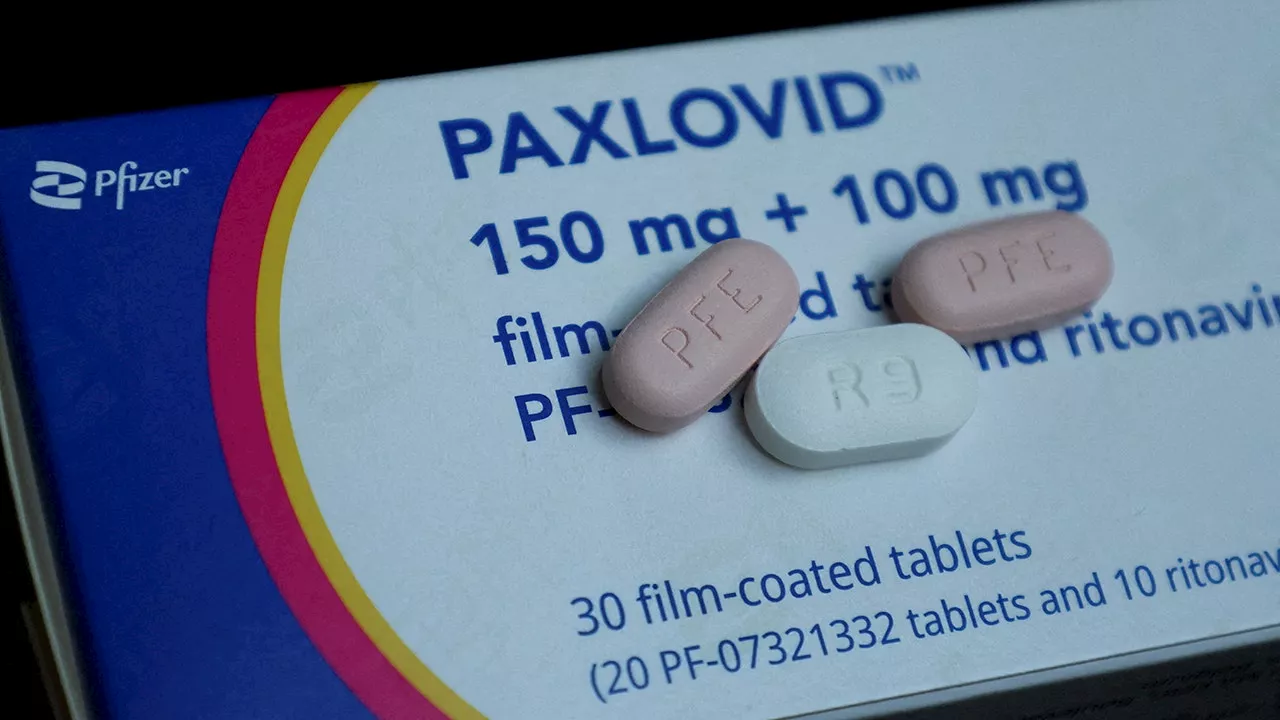 Pfizer's Paxlovid fails as 15-day treatment for long COVID, study findsA study by Stanford University researchers found that a 15-day course of Pfizer's Paxlovid did not relieve symptoms of long COVID among 155 participants.
Pfizer's Paxlovid fails as 15-day treatment for long COVID, study findsA study by Stanford University researchers found that a 15-day course of Pfizer's Paxlovid did not relieve symptoms of long COVID among 155 participants.
Read more »
